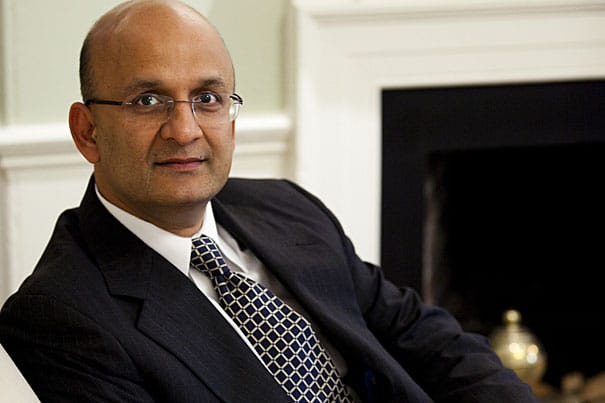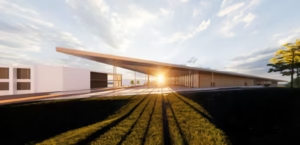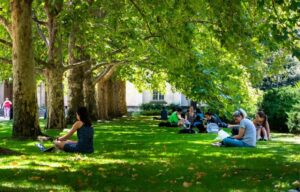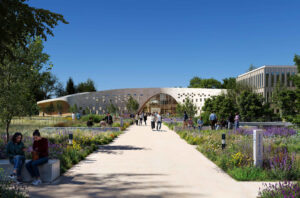The prestigious Harvard Business School (HBS) will welcome back its first COVID-era cohort of MBA students to campus in September under a complex new learning model designed to provide “every possible permutation” of face-to-face and online classes.
The two-year, full-time Harvard MBA is the oldest and one of the most prestigious in the world and is offered at Harvard University in Boston, Massachusetts. At roughly $US111,000 per year, it is also one of the most expensive.
A recent memo from HBS Dean Nitin Nohria and Executive Dean for Administration Angela Crispi said it was clear the HBS community would have to deal with the pandemic’s uncertainty for some time.
The memo said that while HBS would welcome students back to campus for the new (US) academic year with a mix of in-person and remote/online classes and work it “will respect different circumstances facing our community members so they can choose modes of study and work that suit them best”.
Nohria and Crispi that while HBS had carefully considered shifting to fully remote/online they ultimately decided against it.
“For many of our students, Boston is their preferred (or only) place of residence while attending the Doctoral and MBA Programs,” the memo said.
“Given the number of students we anticipate living at or near the School, and the inevitability of campus activity (much as we experienced in the spring semester), we believe it is better to manage and channel these flows of people through our spaces.
“For our international students, in-person instruction is key to maintaining their visa status and progress toward their degree.
“Finally, we are fortunate to have a campus that enables us to realize physical distancing guidelines in critical spaces such as our residence halls and classroom buildings, and without constraints like elevators that make moving people at scale from place to place infeasible.

In order to accommodate the new learning modes Harvard plans to reduce the size of its core classes or required curriculum (RC) for first-year students to 72 from 90. So instead of having eight sections of 90 students each in RC classes, there will be ten sections of 72 students each to allow for social distancing.
The memo said the revised curriculum would be delivered under “every possible permutation” of online and and hybrid learning.
“For example, in the early weeks, most RC classes and activities are likely to be online. We think the bonds you will form with one another and in sections will be strongest if everyone shares the same initial experiences, and that is best accomplished online,” the memo said.
“When the semester is underway, we’ll use the hybrid classroom in ways that will enhance the curriculum across the full suite of first-year courses.
The new learning structures will be assisted by smaller student numbers with Harvard cutting its normal intake of more than 900 students to just over 700.







